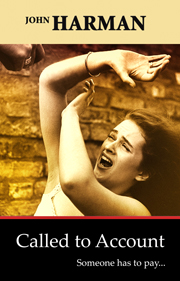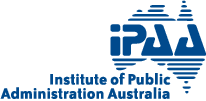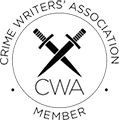Money laundering
In the war on drugs I have always thought that the people the police and prosecutors should spend time targeting are the money launderers.
Though necessary, arresting drug dealers and seizing vast amounts of narcotics, hardly adds up to a ‘victory’ in the war on drugs… there’s always more where they came from. Arrests and seizures are little more than keeping the patient in a stable condition; they don’t treat the root cause of the illness. Money is at the root of drugs, billions upon billions of dollars, euros, francs… you name it, and seizing that money is what hurts the most.
Follow the money, that’s the way to score big victories in the war on drugs. But following the money isn’t glamorous – it doesn’t play on prime time. And it’s difficult – how much more difficult it’s becoming is shown in this ABC’s ‘Hot Topics’ article
When I was a journo I was always amazed at how many respectable professionals would get involved in the money laundering process; how many lawyers and accountants and bankers would just look the other way; would omit to ask the awkward questions. That way they remained ‘innocent’; remained good people and pillars of their professions. But they were, and are, as necessary to drug trafficking as rats to the plague flea. That’s one of the reasons why I wrote my  thriller, Called to Account which shows one of the ways drug-dealers laundered their money. Probably by now that avenue has closed, but as the ABC article shows, other ways open up.
thriller, Called to Account which shows one of the ways drug-dealers laundered their money. Probably by now that avenue has closed, but as the ABC article shows, other ways open up.
Money launderers are clever and they can afford to pay the best lawyers accountants and bankers to look the other way. It’s much easier to catch the dealers and drug mules, many of whom have to be unbelievably stupid. When you think about what each of the Bali Nine was promised – $5,000 – in exchange for facing the death sentence in Indonesia, you have to ask yourself…how dumb is that? A moderately sized drug syndicate earns that every ten minutes.











Great blog. I agree about “money laundering” in the drug world. That makes so much sense. I can’t wait to read the book! Your thrillers always are packed with suspense, humor, and intelligence!
[…] have stuck to playwriting rather than joining the EU and getting way over their heads in debt and doubtful financial dealings. But that’s another […]